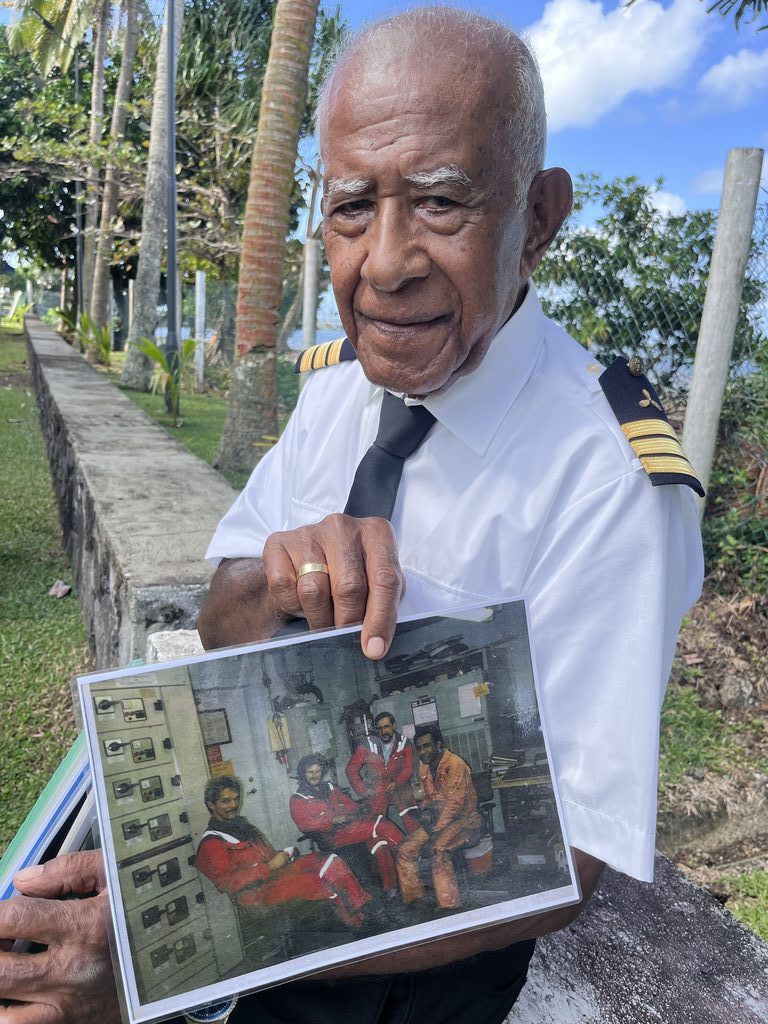FROM being a meek engine room greaser, Eroni Qiolevu worked persistently to become a chief engineer on some of the biggest ships in the world.
Now 89, Qiolevu looks back at his past accomplishments with gratitude and thanks God for his guidance upon his life throughout his many successes.
Qiolevu of Kaba Village in Bau, Tailevu started working as a young seafarer straight after completing his education at Ratu Kadavulevu School in 1953.
He started his maritime career with Carpenters Shipping having worked as an engine room greaser. He stayed for one year with Carpenters before finding employment on the Government ship, Degei.
He was only 19 years old, a young man trying to find his footing in the world of opportunities.
In 1955 he made sure to learn all he could while working on local vessels, as no proper education was yet provided for his field of work at the time.
“I worked in the engine room as a greaser and was able to secure a spot on board an overseas vessel,” he said.
“I was fortunate because there were a few boys that were on board a vessel shipping cargo from America, Canada and Australia to Fiji and back. I joined them on the voyage.”
He worked on the cargo ship for a few years before the ship was later sold off.
“When the voyage stopped I returned home and later learnt of another ship that wanted me to go aboard and travel to Port Vila.
“We’re talking about someone who doesn’t have any qualification joining a vessel, so I was quite fortunate to have been given the opportunity. I learned everything as I went, and I was honest with my work.
“I spent another year on that ship at Port Vila before trying to get a job on a Norwegian ship.
“There was an issue as the boat I wanted to join didn’t have any vacant position at the time, but they told me I could still go on without being paid for a month. I would go unpaid until a few Norwegian crew members got off at Los Angeles.
“I didn’t understand Norwegian, but I worked hard so for 14 years I travelled the world working on ships without any qualification learning their language.”
It was in Norway that he finally got a break at getting an education.
“I was able to study and graduate, I became a third engineer.
It was when he went to Portugal that he decided to pursue his studies again — just to help boost his career as an engineer sailing through international waters.
“I graduated from Portugal, and I was promoted to second engineer. It was tough and I was far away from home, but it was what I had to do to achieve my goal.
“Before it was those that came from prominent families that would receive proper education abroad, so for me to finally get an education overseas after 14 years was such a cherished moment for me.”
He was 34 when he became a second engineer.
“What made it special was the fact that I had to study mathematics, physics and electronics in the Norwegian language.
“I had to learn and understand it well – to me it was all through God’s help.
“I learned that when you’re honest with your work, you will be rewarded, and I have always been honest with what I do at work.
“I went on to become a chief engineer.”
The chief engineer is the most senior licensed mariner of an engine department of a ship, and they hold overall leadership and responsibility of their department. They oversee crew in the engine room, manage maintenance schedules, handle repairs and ensure compliance with safety and environmental regulations.
“I graduated and moved up to achieve that role and even though I was the only Fijian or dark skin person onboard I was respected because I showed others respect and did my job well.
“Being the only Fijian on board the ship I made sure that I didn’t tarnish Fiji’s reputation in the maritime industry.”
He worked for 30 years at Wilhelmsen, a company that operates in 57 countries, serving over 2200 ports worldwide.
Mr Qiolevu worked from 1966 to 1996 before he was released with other officers from the company.
He said that ended a chapter in his maritime career and he was proud to have spent a long time with the Norwegian company.
“I went on to find work on an offshore oil rig company.
“There I started from the bottom again and worked my way through. All of the staff were Norwegians, so I had to change my passport in order to be there.I did 10 years on the oil rig and later joined the floating hotel where I worked for five years.”
He looks back with pride and hopes that many young Fijians will achieve the same level of accomplishment as he did back then.
With the money he earned he was able to support his parents and family and build his homes here.
His advice to young people especially seafarers is to be responsible when out at sea and to always support those at home.
“Sometimes we do so well in our field of work that we forget those that have helped us along the way. Always remember your family back at home and support them.
“When working in international waters you must focus on working hard. We must forget your childish ways and learn to be a responsible young adult.
“When doing your work be honest, people should be able to trust us to do the work we have been assigned.”
Today at 89-years-old he is happily retired and enjoys his family’s company.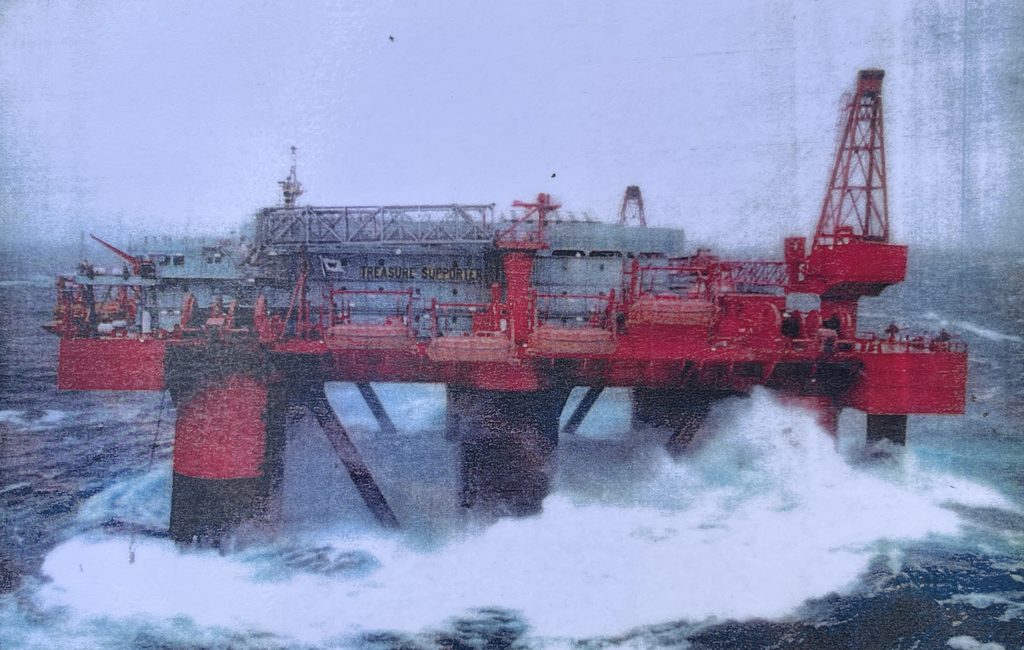
The float hotel where Eroni Qiolevu worked for five years before retiring from the maritime industry. Picture: SUPPLIED
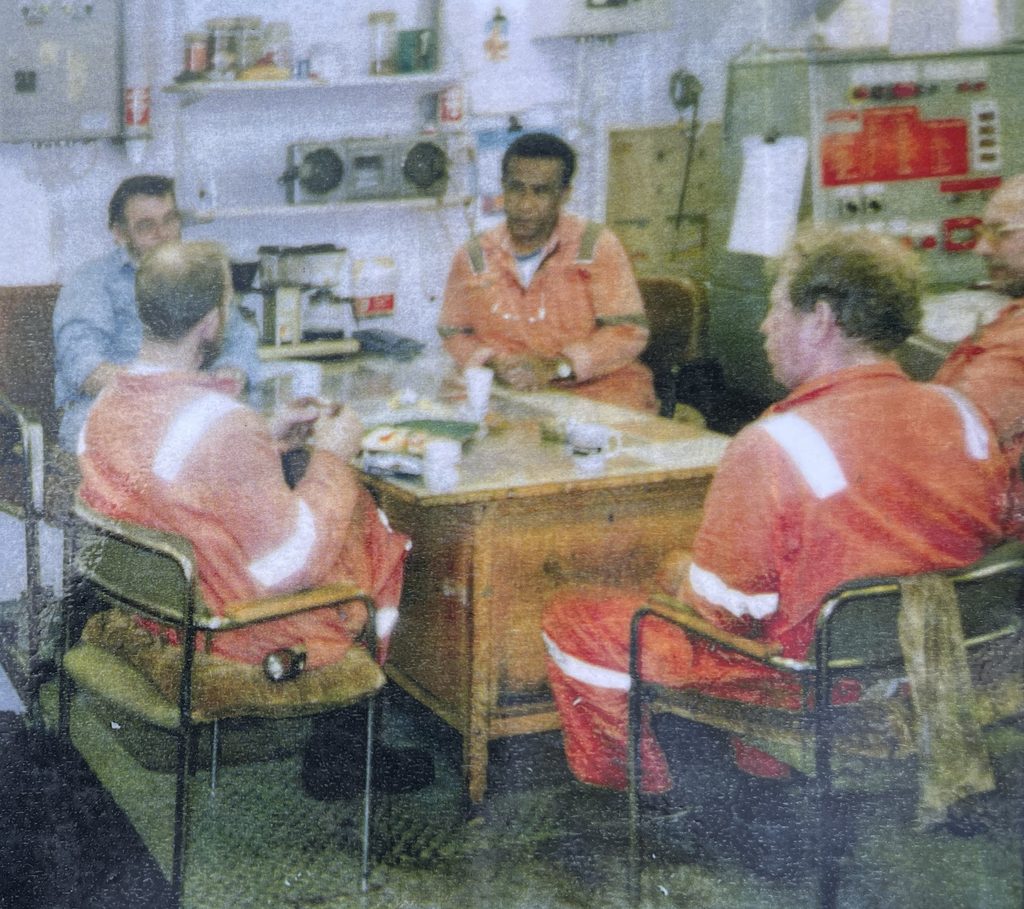
Eroni Qiolevu was the only Fijian on board the vessel. Picture: SUPPLIED
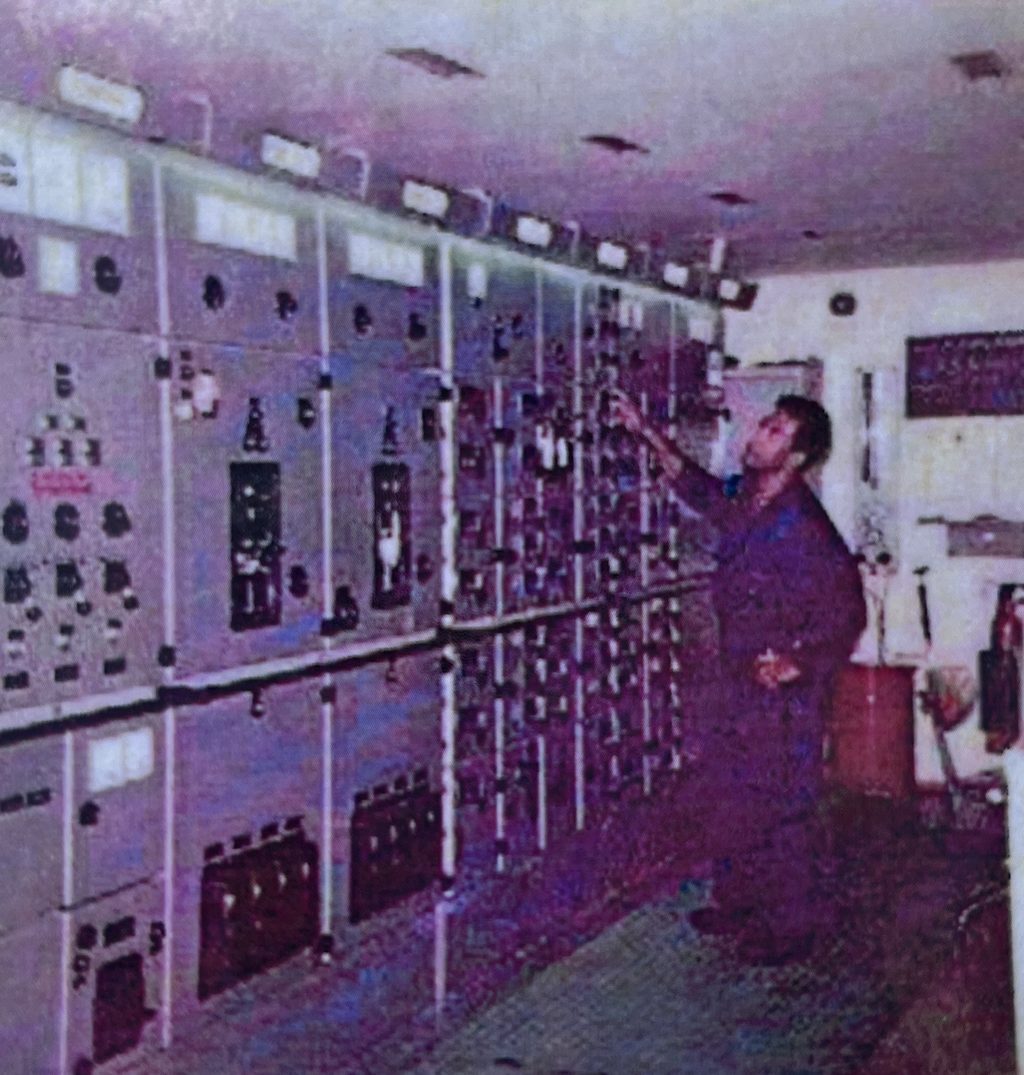
Inside the engine room. Picture: SUPPLIED
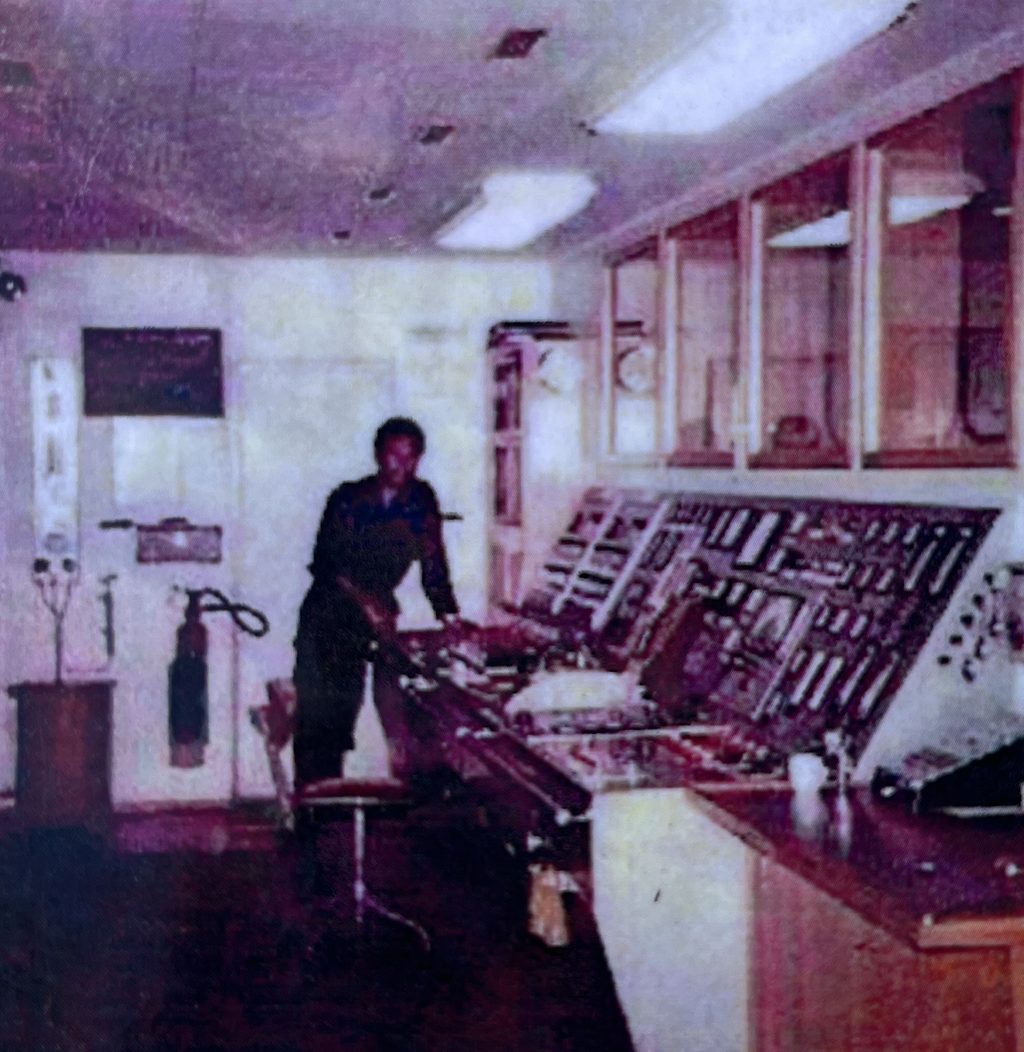
The chief engineer is the most senior licensed mariner of an engine department of a ship, and they hold overall leadership and responsibility of their department. Picture: SUPPLIED
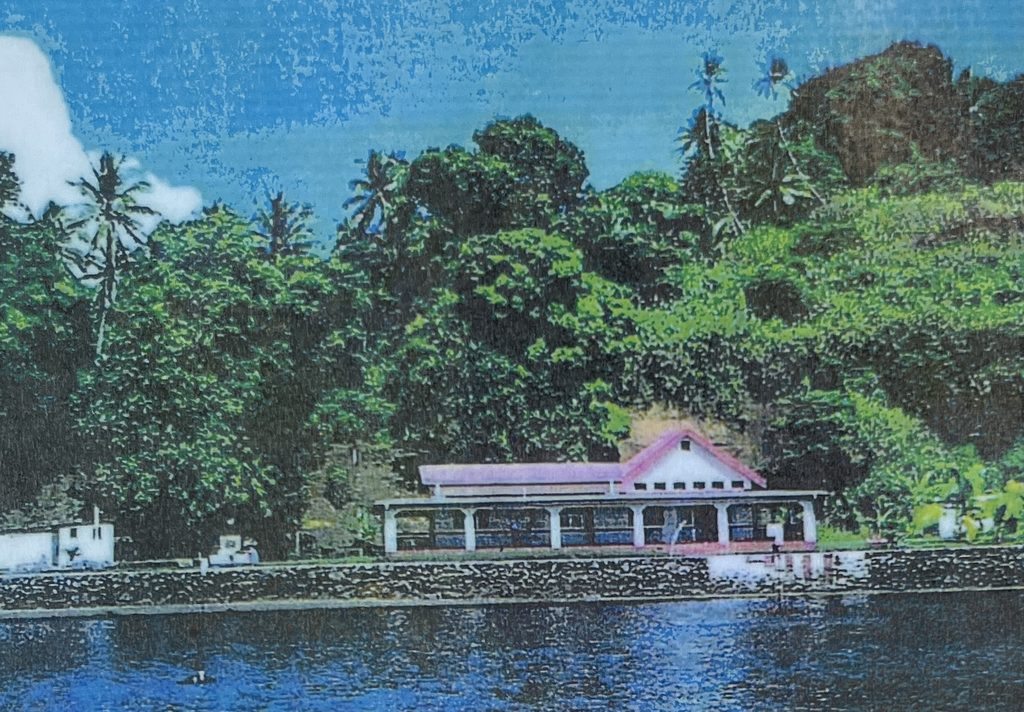
Mr Qiolevu’s home in Kaba. Picture: SUPPLIED

